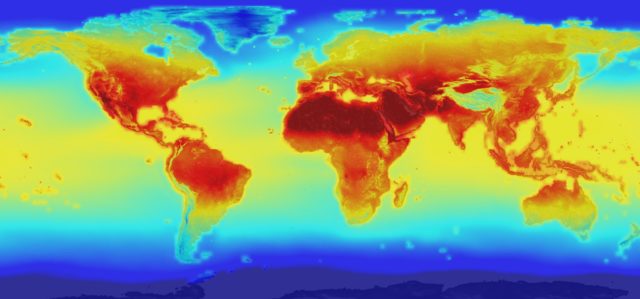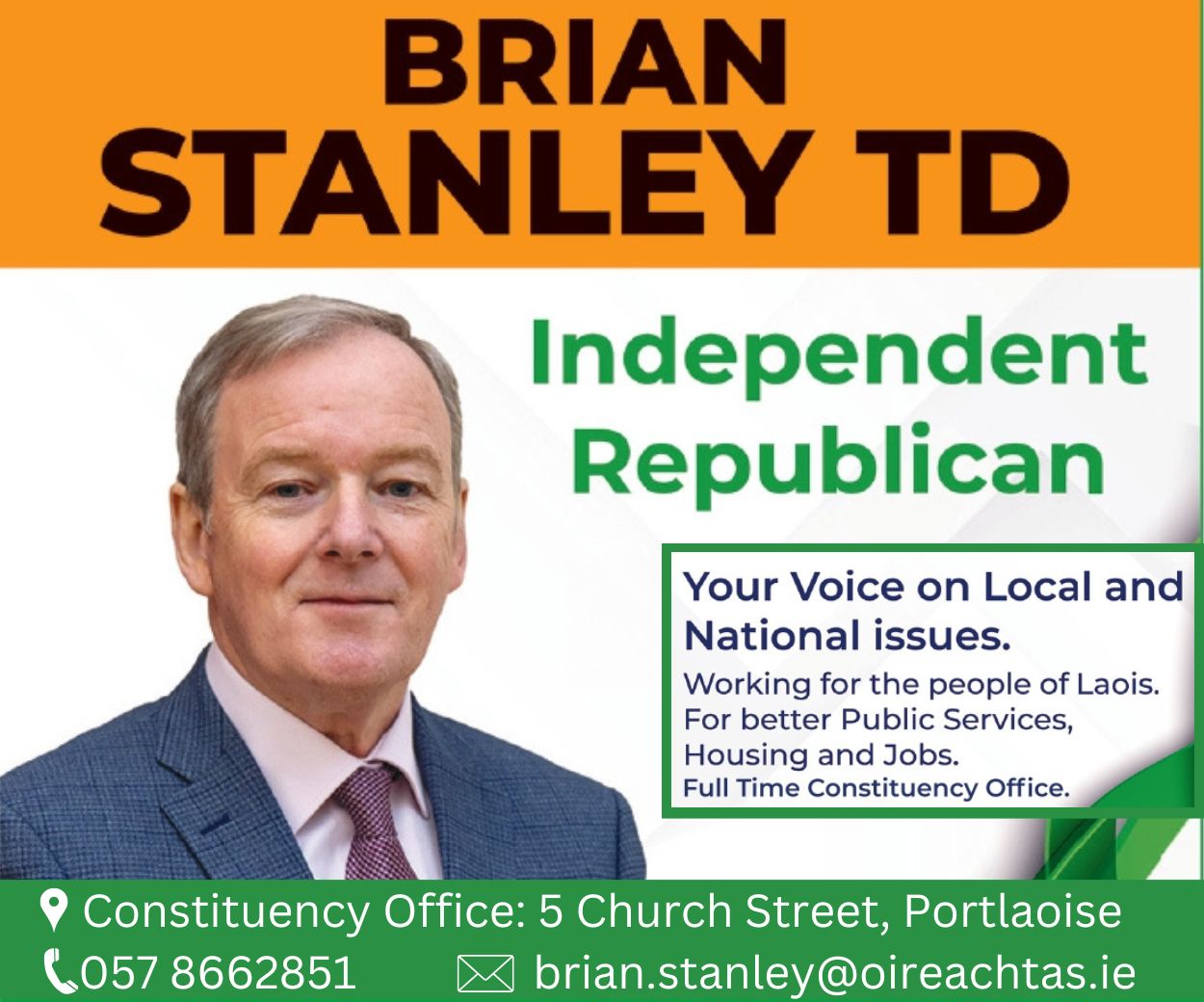The much anticipated ‘Climate Action Plan’ was recently released by the Irish Government.
The Climate Action Plan arrives as a reaction to both electoral and public demonstrations of citizens’ impatience with this and previous Governments’ ‘laggard’ response to climate breakdown.
The Climate Action Plan was already required as a result of Ireland’s commitment to the Paris Agreement and draws from the 2017 Citizen Assembly’s Climate recommendations and the report from the Joint Committee on Climate Action in 2019.
Plan of plans
The plan concentrates on the first of the two main objectives. It outlines how to decrease our emissions in small increments, which in my opinion offers more than a hint of ‘kicking the can’ until after 2030.
This incremental approach has been the focus of a lot of criticism, with the general feeling that the plan lacks the ambition of the preceding report from the Joint Committee on Climate Action – so far, not so good.
What I found most disappointing, and frankly alarming, is that the Government’s plan has chosen to completely ignore the fact we need to adapt to climate breakdown now, not at some undefined future date.
Ireland is already experiencing extreme weather events including flooding, drought and extreme snow-fall. However, the Government’s plan for adaption is concentrated on building resilience through plans, strategies and support, notably without a single euro of further spending commitments.
This vague ‘plan of plans’ is meant to guide and protect us through the worst of the impacts of the climate emergency is truly worrying. It signifies that the Government is again ‘lagging’ behind.
Lacking a holistic approach
The Climate Action Plan’s method of cost benefit analysis has failed to join the dots between land management policies that contribute to both mitigation and adaption as well as considering the co-benefits for biodiversity and wellbeing.
Nature based solutions have been particularly ignored in this plan in favour of consuming better technology to shield us. Restoring and enhancing the natural environment can help both absorb excess carbon emissions and buffer us from the extremes in weather that we are facing.
The plan mentions that these actions would play a role in carbon capture and are consequently important in climate breakdown mitigation.
What the plan fails to deliver is the connection between how these actions could also play a vital role in climate adaption, both at local and national level.
The potential of these approaches is not widely appreciated in Irish culture and this is a clear example of an area where the Government could provide leadership which would offer real hope. Restoring and rehabilitating bogs would lead to increased absorption capacity of excess water in times of flooding and be a source of water in times of drought, acting as a natural buffer to weather extremes.
Diversification of agriculture, including agro-forestry, allows the farmer to adapt to climate breakdown by providing a range of possible income sources, reducing water runoff and soil erosion.
On reading the Plan I learned that that “early adaptation planning for the impacts of climate change makes economic sense”.
I was struck that the benefits to biodiversity, overall quality of the landscape and human well-being are not even considered in this document. Omitting these benefits and opportunities from this document, and instead relying on cost-efficiency, has created a one-dimensional plan that will fail in its efforts to capture public support and buy-in that a crisis like this needs.
It’s as if the Government wants to protect the environment simply as a financial resource, but never acknowledges that it is where we live, how we live, a thing we love regardless of its economic benefits.
Gentle nudge or political fudge?
From a social justice perspective, the failure and deliberate reluctance to tackle climate adaption at the national level, pushing the responsibility instead to the individual level is both morally and practically problematic.
The impacts of climate breakdown in Ireland is felt very unequally, depending on: where you live, your occupation and how much money you make.
Repeated flooding has left homes uninsurable, drought disproportionately impacts farmers who cannot feed their animals, and storm damage is more devastating to people who do not have the resources to repair the damage every year.
This is putting people under increased emotional and financial stress. The plan commits to a ‘Just Transition’, but I was left asking “whose justice, which transition?”
There are absolutely no practical measures mentioned in this plan of plans that would help alleviate some of these pressures.
It must be remembered that in a global context, Ireland is fortunate that while the weather is getting more extreme, we are still able to have sustainable lives here.
With holistic and immediate action, Ireland has the ability to adapt to these changes and buffer ourselves from the worst of climate chaos. Other countries are not so fortunate.
Ironically, in the long-run, refusing to make changes now is the worst possible use of our resources.
SEE ALSO – You can read all of Fr Paddy’s previous columns here


























